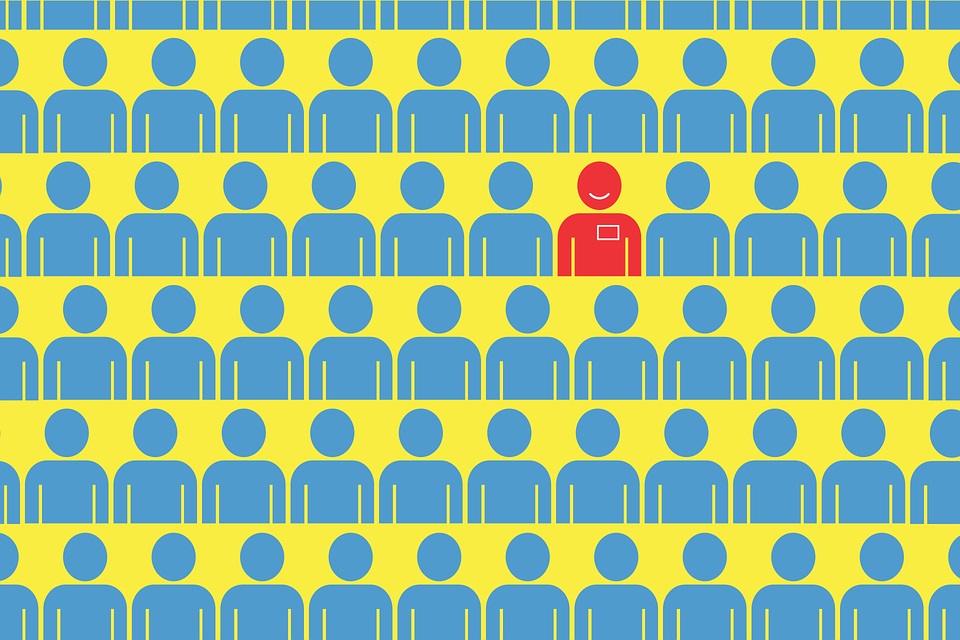
Weak US jobs report paves the way for Federal Reserve interest rate cuts
Washington: U.S. employers slightly increased hiring in August compared to July's sluggish rate, while the unemployment rate fell for the first time since March, suggesting the job market is slowing down but still holding strong, news agency AP reported.
The United States saw a modest increase in hiring in August compared to July's nearly stagnant growth, with the unemployment rate decreasing for the first time since March, suggesting a cooling but still resilient job market.
According to the Labor Department, employers added 142,000 jobs in August, up from just 89,000 in July, which marked the smallest job gain since the pandemic began, said the report.
The unemployment rate fell slightly to 4.2%, down from 4.3%, which had been the highest in nearly three years. However, job gains for June and July were revised down by a total of 86,000.
These cooling job numbers are a key reason the Federal Reserve is expected to cut its key interest rate at its upcoming meeting on September 17-18, as inflation steadily approaches its 2% target, said the report.
However, the mixed data leaves uncertainty about the size of the rate cut, which could be a typical quarter-point or a larger half-point reduction.
The Fed will also need to decide the pace and extent of further rate cuts in the coming months, according to the report.
Christopher Waller, a significant voice among Fed policymakers, indicated in a speech on Friday that the central bank is currently leaning towards a quarter-point cut this month but did not rule out larger cuts later in the year if necessary.
“I do not expect this first cut to be the last,” Waller said in a speech at the University of Notre Dame, according to the AP report.
“With inflation and employment near our longer-run goals and the labor market moderating, it is likely that a series of reductions will be appropriate.”
“I am open-minded,” he added, “about the size and pace of cuts, which will be based on what the data tell us about the evolution of the economy.”
Waller also noted that both the economy and job market continue to expand, with "good prospects for continued growth and job creation," suggesting that a quarter-point rate cut is currently the appropriate course for the Fed's first reduction.
Overall, Friday's data shows a job market that is slowing under the weight of high interest rates but still maintaining growth.
Many businesses seem hesitant to hire, partly due to uncertainty surrounding the upcoming presidential election and the pace at which the Fed will reduce its benchmark rate in the months ahead, the report said.
In the past three months, job growth has averaged only 116,000 per month, a significant drop from the 211,000 monthly average recorded a year ago.
Economists warn that this pace may eventually fall short of matching the growth in the number of people entering the job market, especially given the influx of immigrants over the last three years, which has expanded the nation's workforce, according to the report.
August's job gains were mainly concentrated in a few sectors, with health care adding 44,000 jobs, restaurants, hotels, and entertainment companies gaining 46,000, and construction adding 34,000 jobs.
The continued hiring in the restaurant and hotel sectors could indicate sustained consumer spending, which increased last month even when adjusted for inflation. However, manufacturers and retailers reduced their workforce in August, the AP report said.
A slower hiring pace is often a sign that layoffs could be on the horizon, which is why Fed policymakers are now prioritizing the stability of the job market over continuing aggressive efforts to combat inflation.
The Fed’s Beige Book, which gathers insights from the 12 regional Fed banks, indicated that many employers were becoming more selective in their hiring during July and August.
Additionally, an August survey by the Conference Board showed an increase in the number of Americans who believe jobs are becoming harder to find—a trend that has often been linked to rising unemployment rates.
Meanwhile, consumer spending, a key driver of U.S. economic growth, increased robustly in July. The economy also grew at a solid 3% annual rate during the April-June quarter, the report added.
Support Our Journalism
We cannot do without you.. your contribution supports unbiased journalism
IBNS is not driven by any ism- not wokeism, not racism, not skewed secularism, not hyper right-wing or left liberal ideals, nor by any hardline religious beliefs or hyper nationalism. We want to serve you good old objective news, as they are. We do not judge or preach. We let people decide for themselves. We only try to present factual and well-sourced news.







